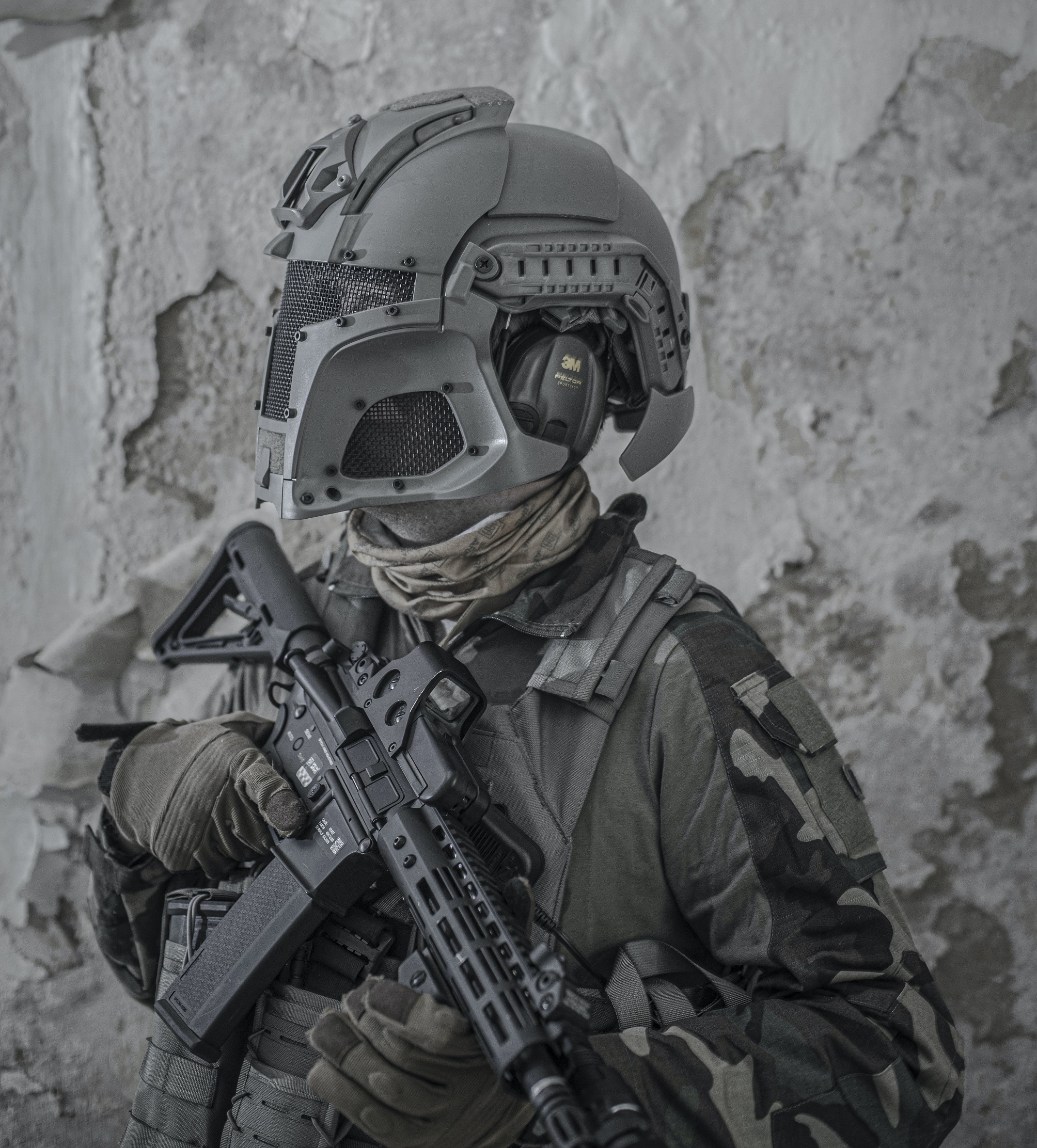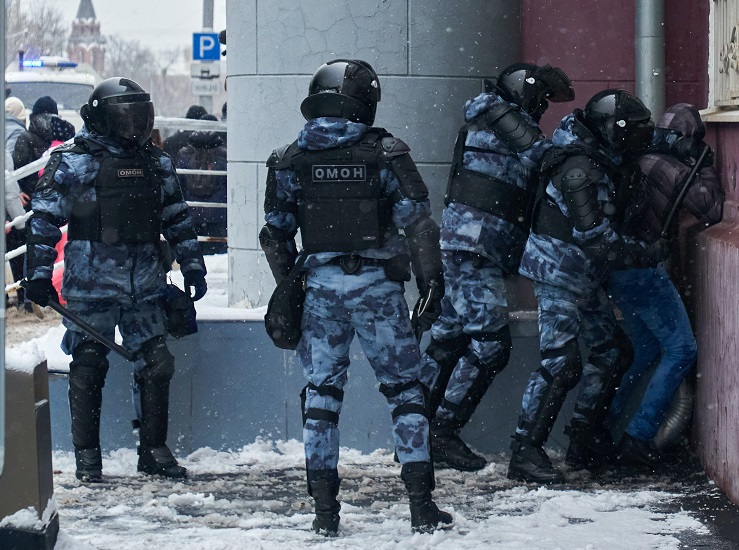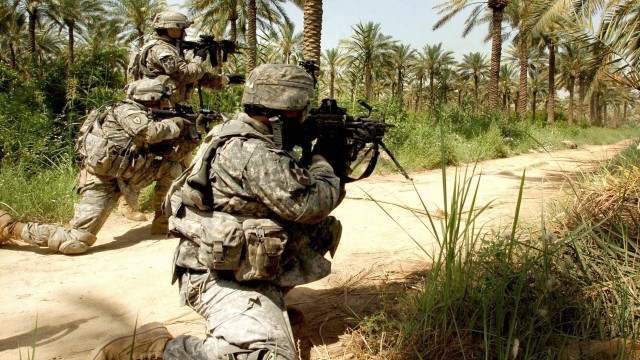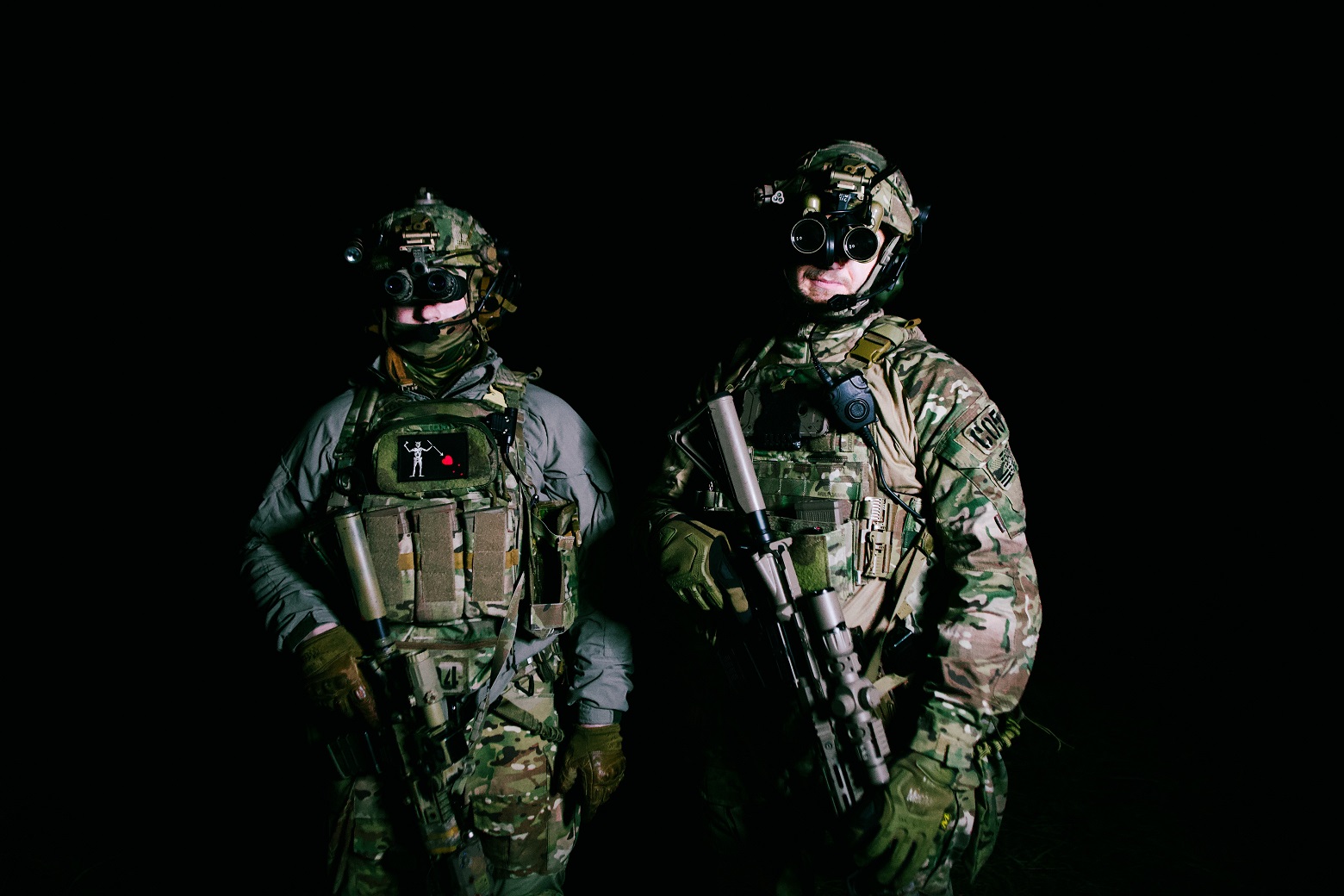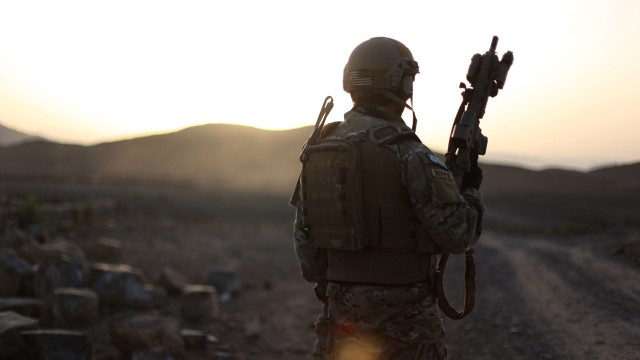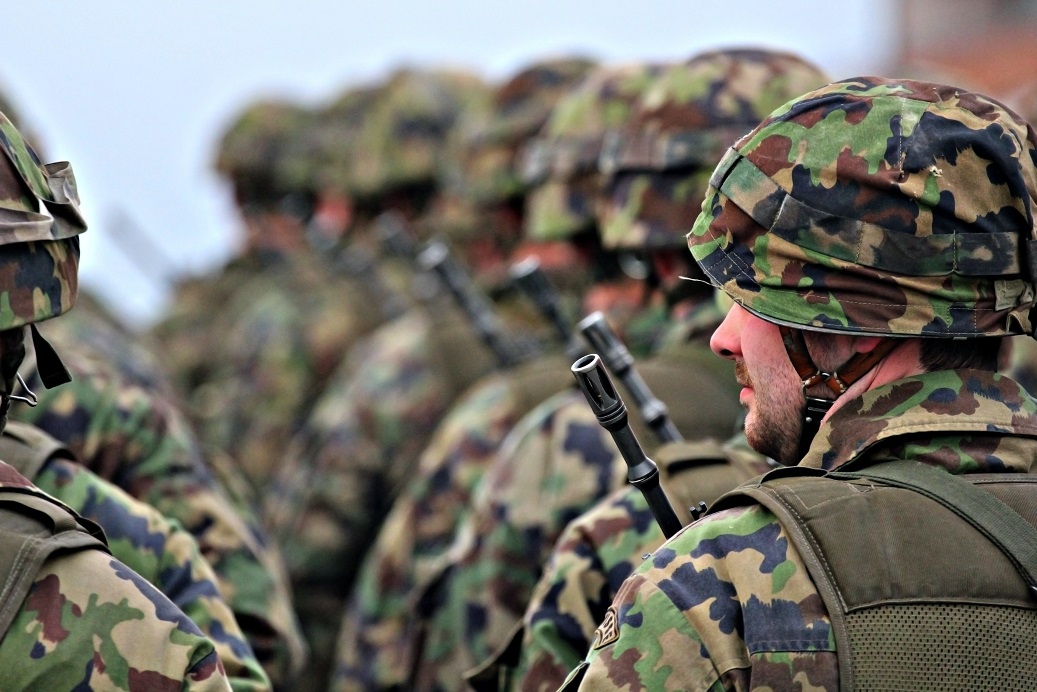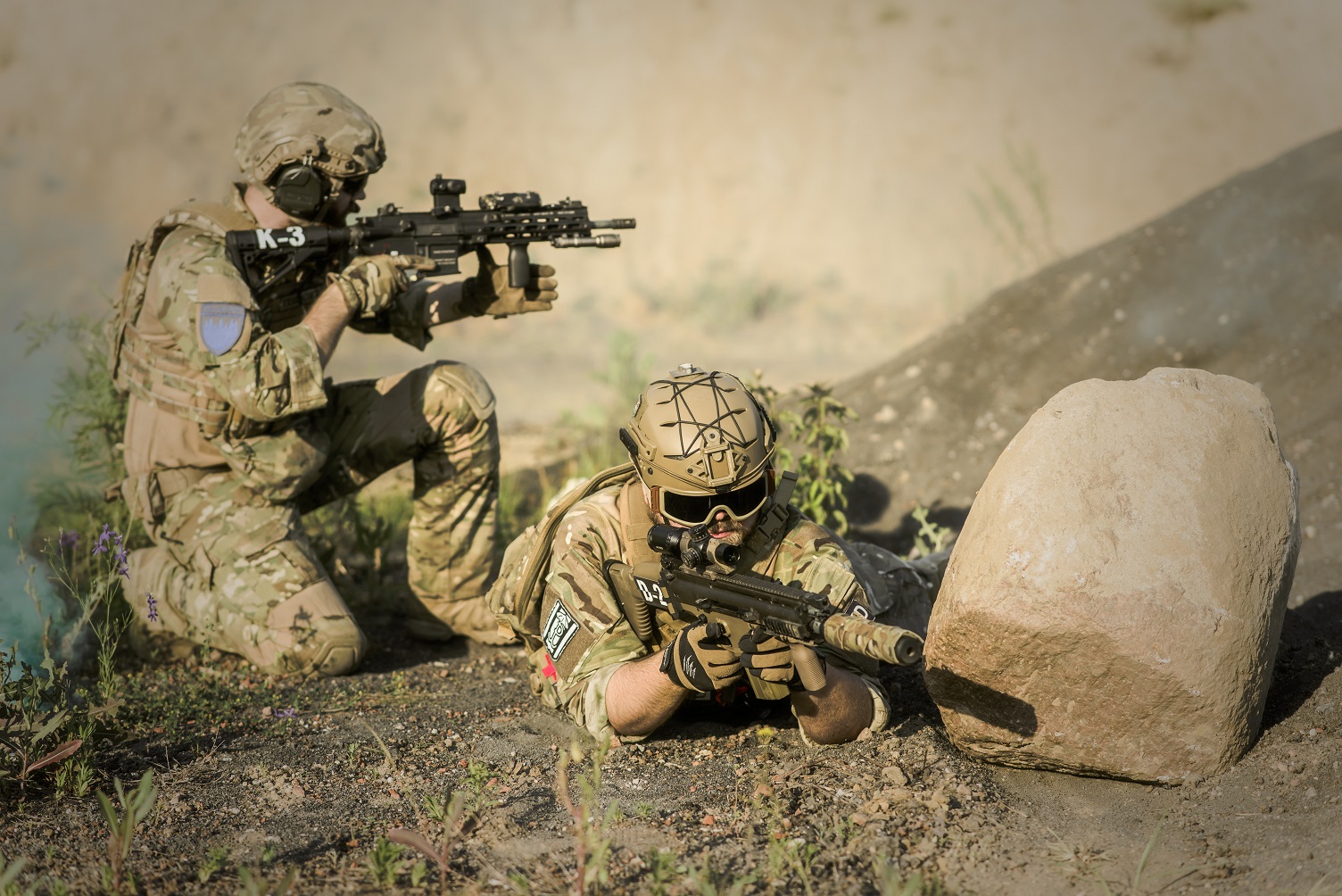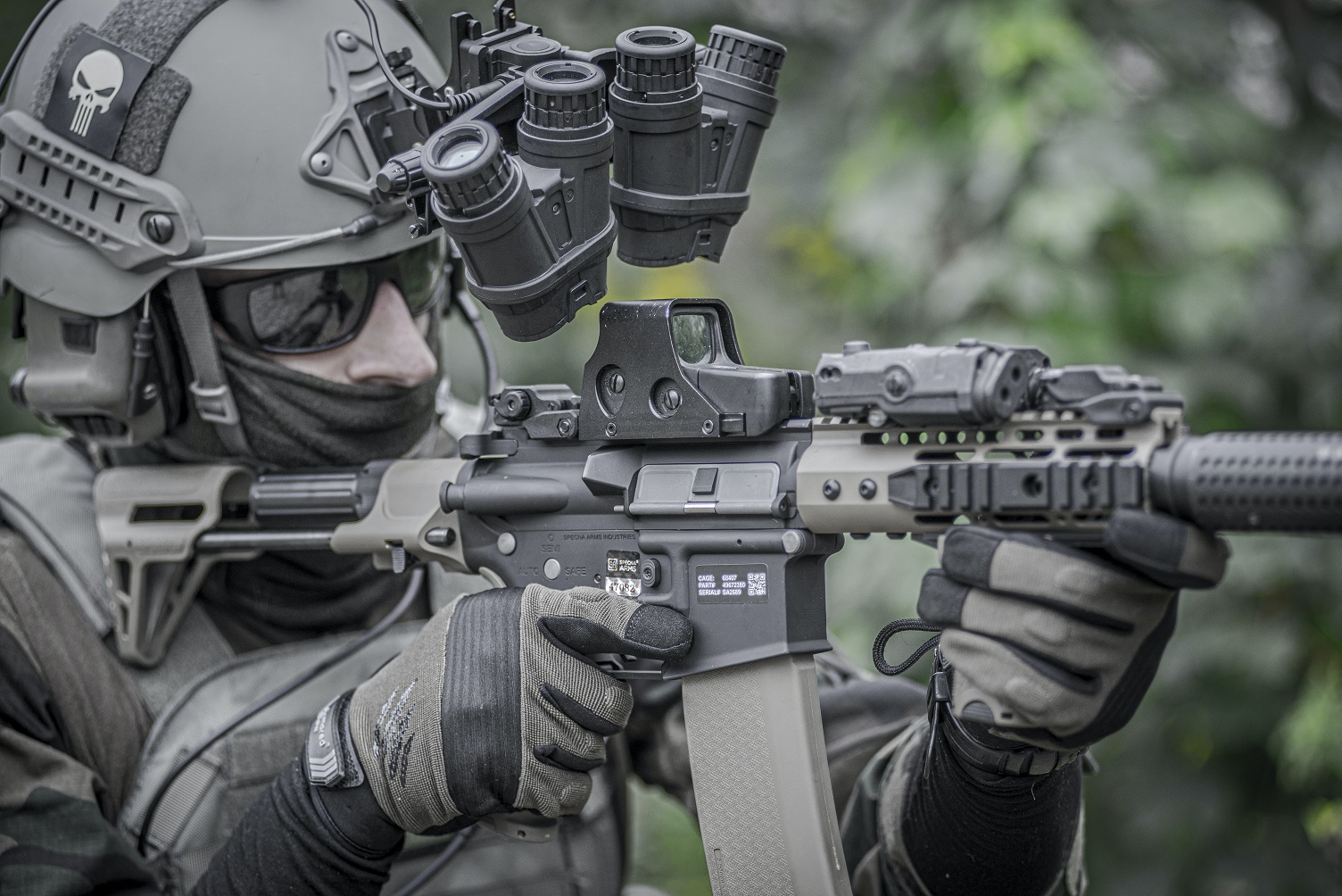A concealable vest can also be called a “concealable body armor.” It should come as no surprise that a concealable vest refers to any type of protective gear worn inconspicuously. When you wear a concealable vest, no one around you will notice that you are wearing body armor, except for the most highly trained eye.
A concealable vest confers a strategic advantage to the wearer in the event of a conflict. An obviously placed piece of body armor would only draw attention to itself, which would drive a potential aggressor to attack a part of your body that they could see is not protected. A further benefit of a concealable vest is that it prevents people around you from becoming alarmed and prevents unnecessary attention. The wearer of concealable soft body armor worn under regular clothing enjoys the additional benefit of having the freedom to wear any simple clothes or uniform deemed most acceptable.
As a rule, a concealable vest is best suited for individuals who risk encountering a weapon threat or performing activities that require secrecy or discretion. Protective vests and carrier systems are the most common types of concealable body armor. In addition, there is a wide selection of informal and professional clothing, ranging from t-shirts and singlets to hoodies and three-piece suits.
Some concealable vests come equipped with add-on pockets in the front, rear, and sides. These pockets are designed to contain additional non-ballistic armor inserts, often known as Trauma Pads, which further reduce the risk of injury. Things like fasteners outside a concealable vest are restricted because they would be visible through outerwear and give the wearer away. This is because the concealable armor was explicitly designed to avoid being discovered. For the same reason, discreet body armor typically comes in darker versions of monochrome hues, with very few or no possibilities for patterned designs.
For more articles, please click here.
